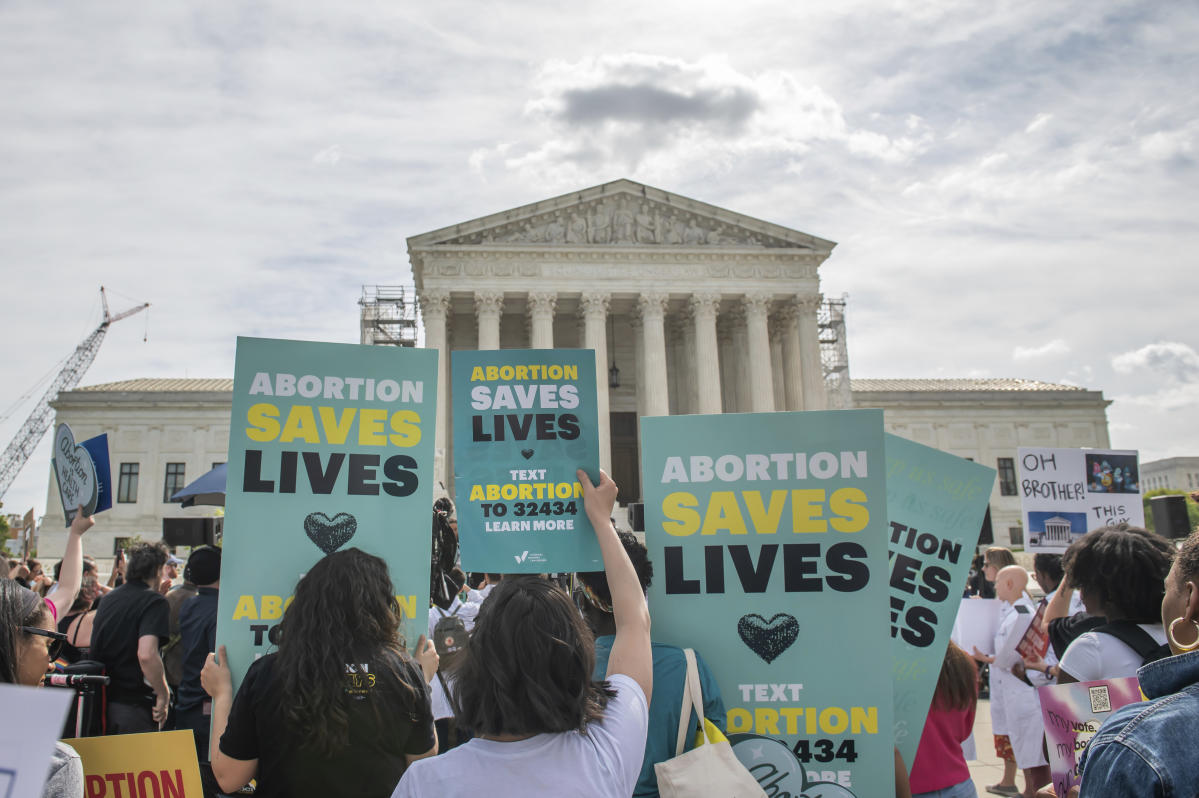Shiftless2
Well-known member
Refusing to administer puberty blockers is an irrevocable decision
"An irrevocable decision" in which neither government nor nosy neighbors have any legitimate role."an irrevocable decision" #301
"He that would make his own liberty secure, must guard even his enemy from oppression; for if he violates this duty, he establishes a precedent that will reach to himself." Thomas Paine
Ignorant?"sad"

Newspaper readers?"Who said there's no such thing as good news?" S2 #307
Me too."Of course, given the current makeup of the Supreme Court I fully expect them to rule based on ideology (including their religious beliefs) rather than the law." S2 #307
note to SCOTUS:"When the President [of the United States of America] does it, that means it is not illegal." President Richard M. Nixon
And then after that ..."Even if they'd increased the SCOTUS complement to 11, McConnell would have blocked any Democratic nominees, at least until after the election. " S2 #309
That certainly is one possible outcome. It's not the only possible outcome. One alternate scenario, but first:"Even if they'd increased the SCOTUS complement to 11, McConnell would have blocked any Democratic nominees, at least until after the election. And since Trump won you could expect the GOP to stack the court with even more ultraconservative justices so the situation would be even worse than it is today." S2 #309
McConnell [R-KY] has earned recognition for Dobbs. BUT !"... the Democrats to be so richly rewarded as McConnell was with Dobbs." s #310
None the less, could it have worked out worse?"Even if they'd increased the SCOTUS complement to 11, McConnell would have blocked any Democratic nominees, at least until after the election." #309
None the less, could it have worked out worse?
Yes, the timing is important. I deduce those that suggested to RBG she retire had in mind to help restore the court's balance, not upset it further to McConnell's favor.with the number of Justices increased to 11 that would have allowed Trump to nominate and additional two

gen·der  (jĕndər) (jĕndər)n. 1. Grammar a. A grammatical category, often designated as male, female, or neuter, used in the classification of nouns, pronouns, adjectives, and, in some languages, verbs that may be arbitrary or based on characteristics such as sex or animacy and that determines agreement with or selection of modifiers, referents, or grammatical forms. b. The fact of being classified as belonging to such a category: agreement in gender, number, and case. 2. a. Either of the two divisions, designated female and male, by which most organisms are classified on the basis of their reproductive organs and functions; sex. b. One's identity as female or male or as neither entirely female nor entirely male. c. Females or males considered as a group: Students lined up with the genders in different lines. tr.v. gen·dered, gen·der·ing, gen·ders Archaic: To engender. [Middle English gendre, from Old French, kind, gender, from Latin genus, gener-; see genə- in the Appendix of Indo-European roots.] gender·less adj. Usage Note: Some people maintain that the word sex should be reserved for reference to the biological aspects of being male or female or to sexual activity, and that the word gender should be used only to refer to sociocultural roles. Accordingly, one would say The effectiveness of the treatment appears to depend on the sex of the patient and In society, gender roles are clearly defined. In some situations this distinction avoids ambiguity, as in gender research, which is clear in a way that sex research is not. The distinction can be problematic, however. Linguistically, there isn't any real difference between gender bias and sex bias, and it may seem contrived to insist that sex is incorrect in this instance. * |
sex  (sĕks) (sĕks)n. 1. a. Sexual activity, especially sexual intercourse: hasn't had sex in months. b. The sexual urge or instinct as it manifests itself in behavior: motivated by sex. 2. a. Either of the two divisions, designated female and male, by which most organisms are classified on the basis of their reproductive organs and functions: How do you determine the sex of a lobster? b. The fact or condition of existing in these two divisions, especially the collection of characteristics that distinguish female and male: the evolution of sex in plants; a study that takes sex into account. See Usage Note at gender. 3. Females or males considered as a group: dormitories that house only one sex. 4. One's identity as either female or male. 5. The genitals. tr.v. sexed, sex·ing, sex·es 1. To determine the sex of (an organism). 2. Slang a. To arouse sexually. Often used with up. b. To increase the appeal or attractiveness of. Often used with up. [Middle English, from Latin sexus.] * |
* The American Heritage® Dictionary of the English Language, Fifth Edition copyright ©2022 by HarperCollins Publishers. All rights reserved. https://ahdictionary.com/word/search.html?q=gender"The fact that Americans speak about "legalizing" abortion, gambling, marijuana, and so forth shows that they no longer look down on their government as their servant but look up to it as their master. For to legalize is to permit; and to permit implies a relationship between a superior and a subordinate - as when a parent permits a child to go swimming, stay up late, or eat sweets after his meal." psychiatrist Thomas Szasz
Now I miss Sandy Duncan, the attractive young woman that played the title role in the version I saw on B&W TV as a young & impressionable child.#317

